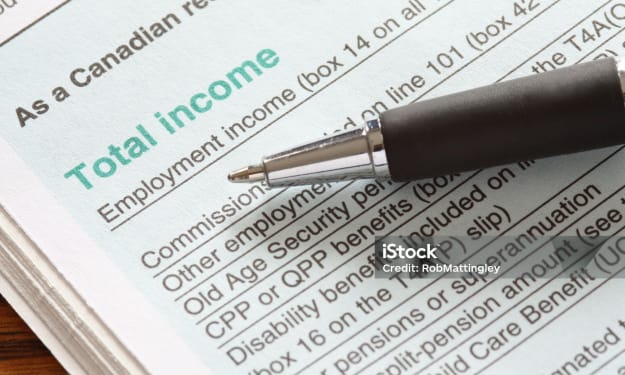Vegan eBook Recipe
An electronic recipe Vegan cookbook, also known as an eBook, is a digital version of a traditional cookbook.

An electronic recipe cookbook, also known as an eBook, is a digital version of a traditional cookbook. The use of recipe cook eBooks offers several advantages, including:
Convenience: eBooks can be accessed on a variety of electronic devices, such as smartphones, tablets, laptops, and e-readers, making it easy to access your favorite recipes wherever you are.
Portability: eBooks are lightweight and don't take up physical space, making them an ideal choice for people who are always on the go or have limited kitchen storage.
Searchability: Many eBooks come with advanced search functions that allow you to quickly find specific recipes based on ingredients, meal type, cuisine, and more.
A vegan meal is a meal that is made without any animal products, such as meat, dairy, eggs, and honey. Veganism is a lifestyle and dietary choice that seeks to exclude the use of animal products for ethical, health, or environmental reasons.
Vegan meals typically consist of plant-based ingredients, such as fruits, vegetables, grains, legumes, nuts, and seeds. Some popular vegan food items include tofu, tempeh, seitan, plant-based milks, such as almond or soy milk, and meat substitutes, such as veggie burgers or vegan sausages.
A vegan meal can be just as delicious and satisfying as a meal that includes animal products. With a wide range of ingredients to choose from, there are countless ways to create tasty and nutritious vegan meals. Whether you're looking for a hearty dinner, a light lunch, or a sweet treat, a vegan diet offers many options to satisfy your cravings
There are many potential benefits to consuming a vegan-based meal, including:
Improved Heart Health: A well-planned vegan diet can be low in saturated fat and high in fiber, antioxidants, and phytochemicals, which have been shown to have a positive impact on heart health.
Weight Management: Many people find that switching to a vegan diet helps them maintain a healthy weight. Plant-based foods are often lower in calories and higher in fiber, which can help you feel full and satisfied.
Better Blood Sugar Control: Vegan meals are often high in fiber and low in added sugars, which can help regulate blood sugar levels. This can be especially beneficial for people with type 2 diabetes.
Lower Risk of Certain Cancers: Some studies suggest that a vegan diet may be associated with a lower risk of certain types of cancer, such as breast, prostate, and colon cancer.
Improved Digestive Health: Vegan diets are high in fiber, which can help promote regularity and prevent digestive issues, such as constipation and diverticular disease.
Protection Against Chronic Diseases: A well-planned vegan diet can provide all the nutrients your body needs to function properly and may reduce the risk of chronic diseases, such as osteoporosis, kidney disease, and some neurological conditions.
Better Kidney Function: Research suggests that a vegan diet can help protect kidney function and reduce the risk of kidney disease.
It's important to note that a vegan diet must be well-planned and balanced to ensure that all necessary nutrients are obtained. If you're considering a vegan diet, it's important to speak with a healthcare provider or a registered dietitian to ensure that your nutritional needs are being met
Meal planning is an important aspect of healthy eating, as it helps you stay organized, save time, and make healthier food choices. Here are some of the benefits of meal planning:
Saves time and reduces stress: By planning your meals in advance, you can save time and reduce stress by knowing exactly what you'll be eating each day, and having all the ingredients on hand.
Helps with budgeting: Meal planning allows you to create a shopping list and stick to a budget by avoiding impulse buys and reducing food waste.
Supports healthy eating habits: Meal planning helps you make healthier food choices by allowing you to focus on nutrient-dense foods, such as fruits, vegetables, whole grains, and lean protein sources.
Improves food variety: Meal planning allows you to mix up your meals and try new foods, which can prevent boredom and increase your overall nutrient intake.
Supports weight management: By planning your meals in advance, you can ensure that you're eating the right amount of food to meet your energy needs, which can support weight management.
Increases adherence to dietary restrictions: If you have dietary restrictions, such as food allergies or sensitivities, meal planning can help you ensure that you're eating foods that meet your specific needs.
Overall, meal planning is a useful tool for anyone looking to adopt a healthier eating style and achieve their health and wellness goals.
About the Creator
Enjoyed the story? Support the Creator.
Subscribe for free to receive all their stories in your feed. You could also pledge your support or give them a one-off tip, letting them know you appreciate their work.





Comments
There are no comments for this story
Be the first to respond and start the conversation.